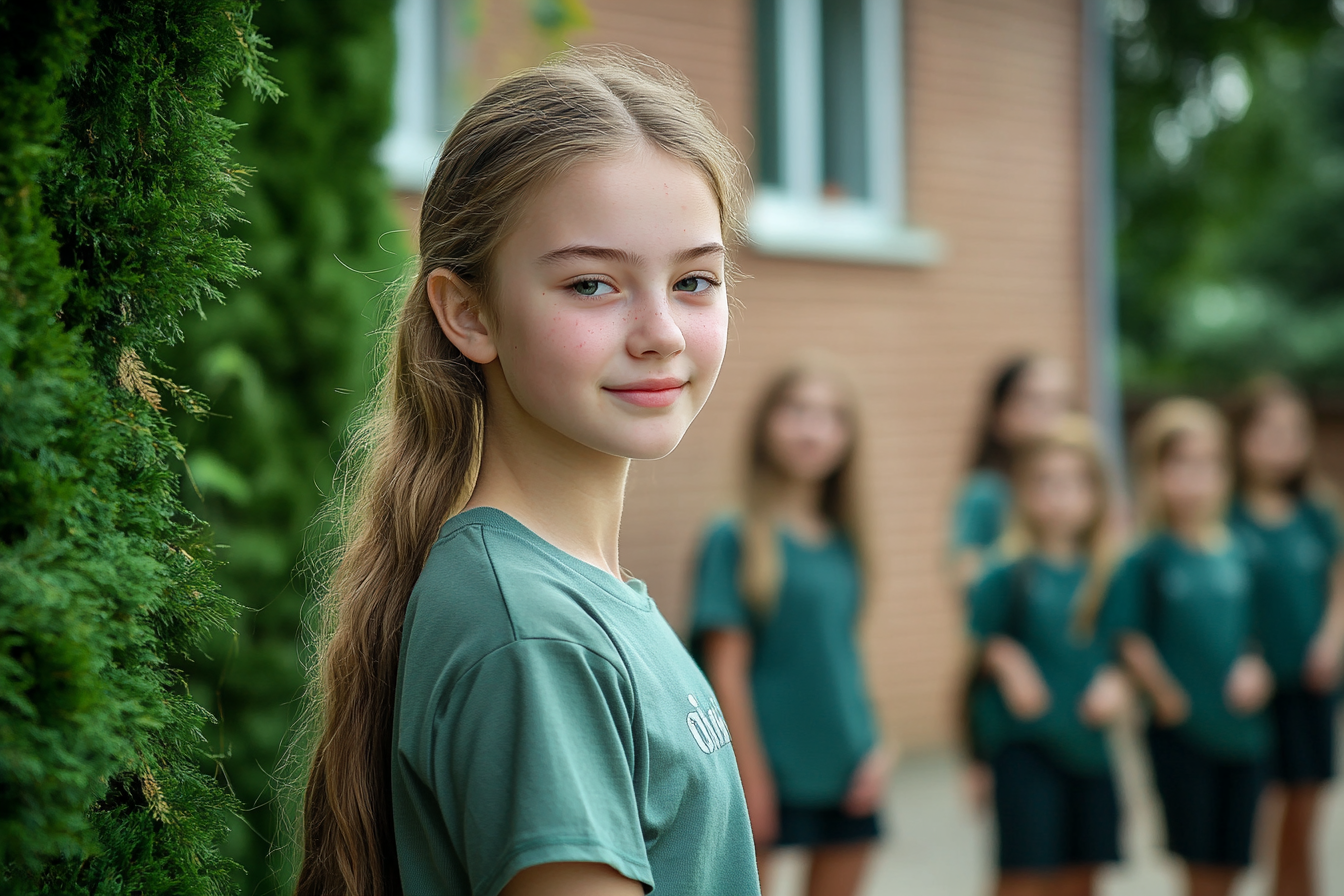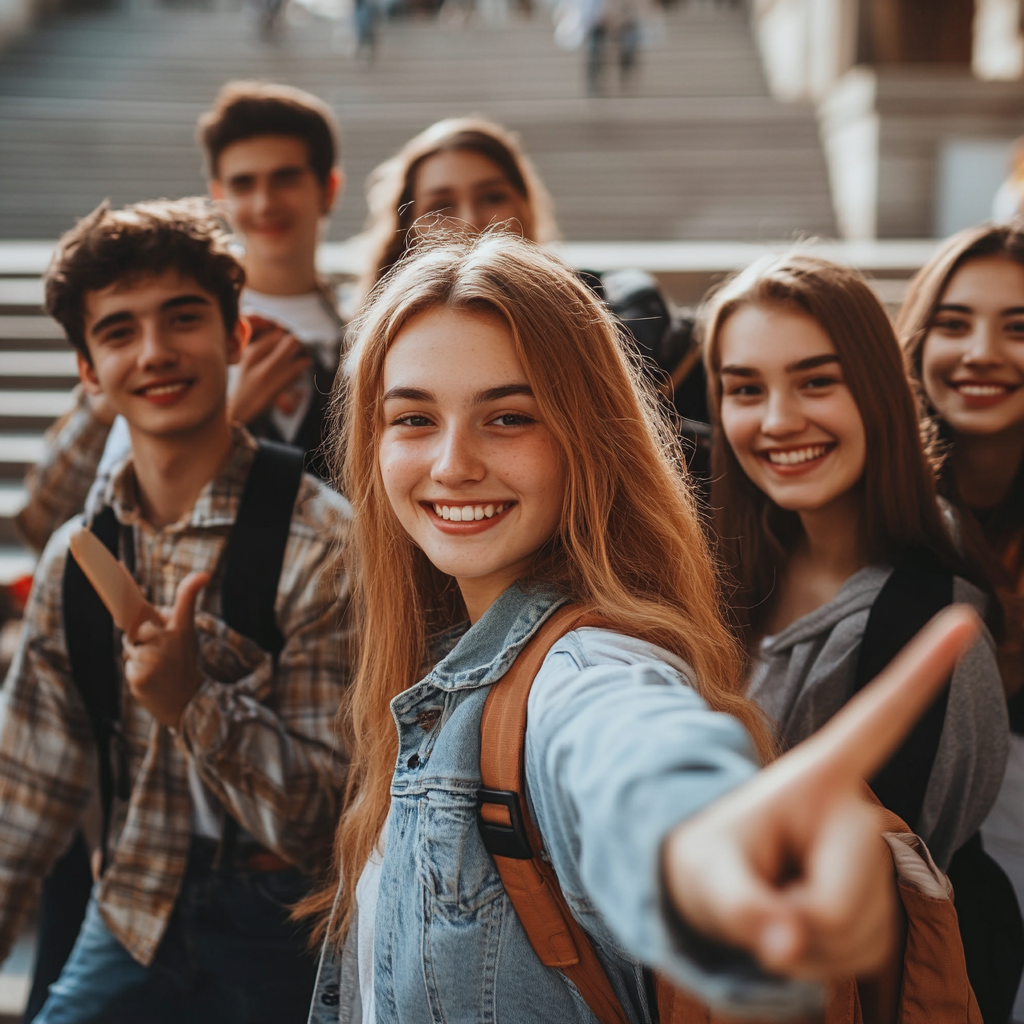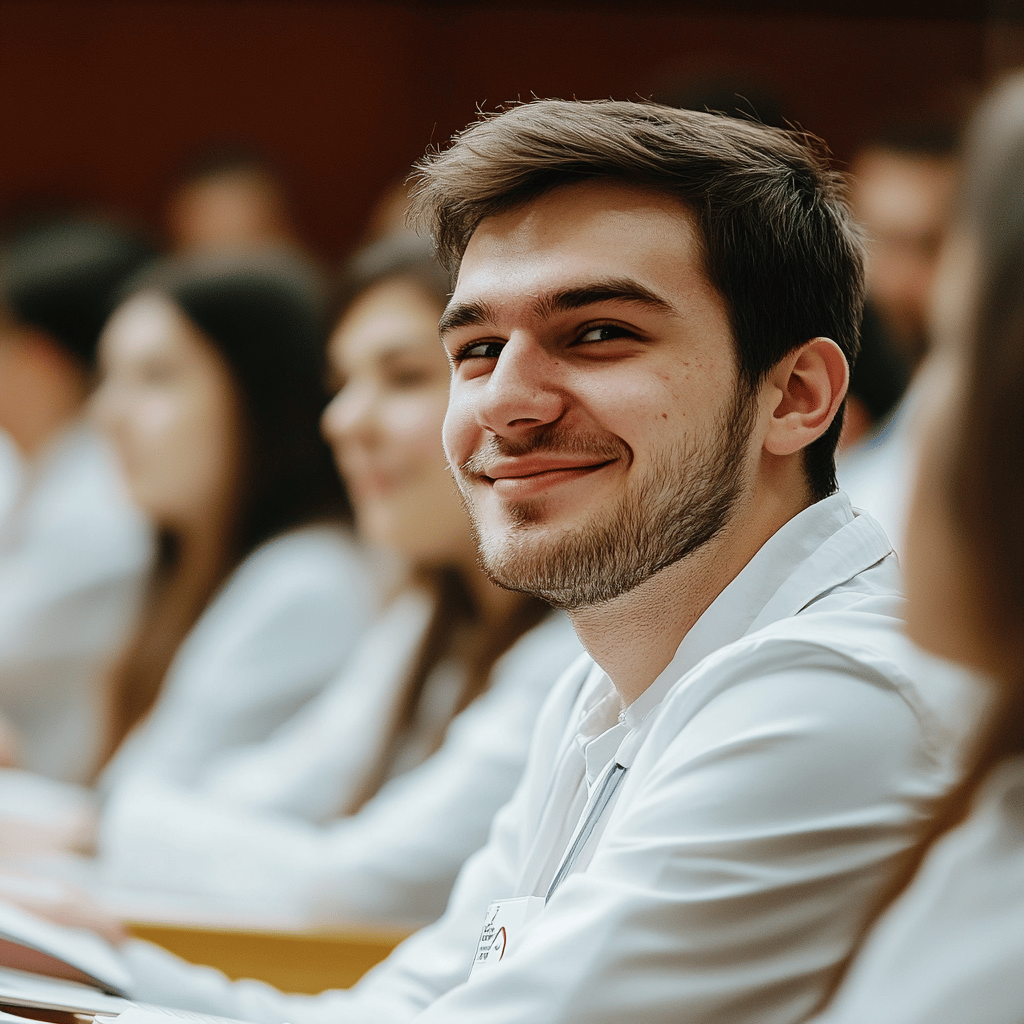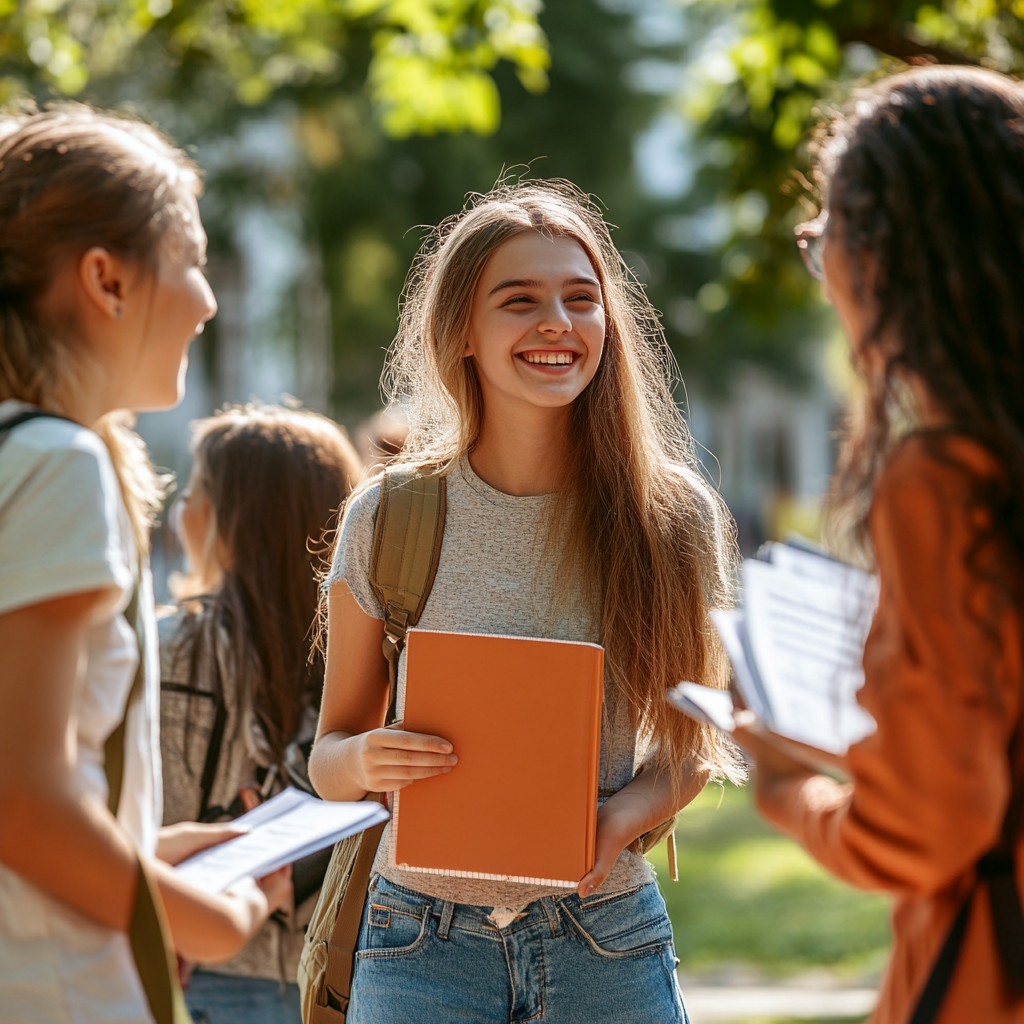AcademConsult — образование за границей и в РФ
лучшее образовательное агентство Европы 2018 и 2019, лучшее образовательное агентство России 2019 (LUXLife Magazine) — запрос







Наши эксперты уже 30 лет помогают детям и взрослым из России и других стран поступать и учиться за границей. Наш конек — топовые университеты и школы. Нам важны не только ваше образование, но и комфортная адаптация, безопасность и перспективное будущее за рубежом.
Поступите на любые программы в 52 странах и онлайн с гарантией!
- среднее образование: частные и государственные школы, спортивные и творческие академии
- высшее образование: подготовка, бакалавриат, магистратура, MBA, докторантура, подтверждение диплома
- профессиональные курсы и стажировки
- языковые курсы за рубежом и онлайн для детей и взрослых
- индивидуальное и корпоративное обучение в РФ и других странах
Приобретение новых навыков, работы, деловых контактов, географической свободы — этому помогает любой курс обучения за рубежом. В любое время и в любом возрасте. Мы верим, что образование — это одна из важных составляющих стабильного и успешного будущего для каждого. Будем рады поделиться с вами нашим опытом и знаниями.
Ирина Следьева, директор компании «АкадемКонсалт»
консультации по обучению за рубежом
- По телефону 8-800-3333-200 (звонок бесплатный по России), в нашем офисе, видео-звонком или в мессенджере.
- Подбираем идеальный курс обучения за рубежом для детей, взрослых, семей и корпоративных клиентов — страну обучения, школу или университет за границей — любые учебные заведения по вашим критериям. Для вас — самая большая база школ, колледжей, университетов, бизнес-школ, языковых школ за рубежом (среди них — наши давние партнеры и и множество других учебных заведений). Наша база — это десятки тысяч программ.
- Наш специалист — это ваш персональный гид в мире образования за рубежом. Он также поможет заполнить все документы, подготовиться к экзаменам, вовремя пройти регистрацию на программу, оформить визу, арендовать или купить квартиру, организовать встречу в аэропорту. И на всём протяжении обучения за рубежом будет представлять ваши интересы и поддерживать вас.
УСЛУГИ — ИСПОЛНЯЕМ ЖЕЛАНИЯ
Нужна помощь с выбором программы обучения в Европе или другой стране, подробная информация об обучении за границей? Закажите у нас:
- Бесплатно описание школ и программ — в течение 1-2 рабочих дней мы предоставим вам 2-10 вариантов университетов, школ, курсов обучения английскому или другому языку за рубежом.
- Экспресс-подбор — в течение 1-2 рабочих дней мы предоставим вам 2-20 вариантов вуза, школы или профессионального курса за рубежом.
- Полный сравнительный анализ вариантов получения образования за рубежом — в течение 15 рабочих дней мы предоставим вам 3-20 вариантов программ среднего или высшего образования за границей в одной или разных странах. Мы даем все необходимые детали обучения за границей — курс, рейтинг, условия поступления, сроки, варианты проживания, цены и т.д. Количество вариантов зависит от наличия программ в выбранных странах.
- Полный и качественный комплекс услуг по организации обучения за рубежом:
- детальный анализ и выбор курса обучения за границей, сравнение программ;
- тестирование, профориентация, подготовка к экзаменам и интервью;
- помогаем получить скидки и стипендии на обучение за границей;
- оформление и перевод документов;
- помощь в получении виз, ВНЖ, ПМЖ за рубежом;
- организация проживания, перелетов, трансферов, экскурсий;
- страхование;
- содействие в аренде или покупке недвижимости и многое другое.
актуальная информация об учебе и жизни за рубежом
почитайте! ОЧЕНЬ ПОЛЕЗНО
То, что мы расскажем о дистанционном обучении, может вас удивить
5 неочевидных вещей, которые реально увеличат твои шансы учиться за рубежом
Почему Южная Корея — новый тренд для русских студентов?
Как получить гражданство через учебу: легальные пути и стратегии
Рейтинг стран по уровню жизни на 2025 год
AcademConsult вновь подтверждает статус аккредитованного агентства ICEF
Экзамены для поступления за границу: как успешно подготовиться к международным испытаниям?
AcademConsult на конференции Study Travel Alphe Spain 2025
Учеба за границей: возможности бесплатного образования
Шпаргалки, списывание и плагиат. Масштабы обмана в образовании растут
Образование в Китае
Учиться за границей: ключевые преимущества международного образования и советы по организации обучения
Образование в Японии
Венгерское образование
Образование во Франции
Образование в США
Англия - качественное образование и карьерные возможности
ВНЖ в Испании - реальность!
Образование в Испании на английском
24 апреля - бесплатные онлайн-консультации с представителем IT-вуза в Испании...
Учиться в Германии - качественное образование в сердце Европы
Образование за границей: возможности, преимущества, направления
Доступные страны для обучения за границей в 2024 году
Образование в Германии
Как организовать успешное поступление в зарубежные школы и вузы
Европейское образование в Турции по доступным ценам
Немецкое образование
Обучение за границей: как выбрать программу правильно
Образование в Великобритании
Образование в ОАЭ
Образование в Европе
Английское образование: перспективы и возможности
Студенческая виза: отказ не отменяет планов на образование за границей
Мобилизация усилила спрос на обучение за рубежом
ВНЖ с правом работы в Испании
Как правильно самостоятельно подать документы в топовые вузы
Куда можно уехать учиться без визы
Куда быстро уехать за границу через обучение
Топ-5 причин ехать на учебу в Европу сейчас
ОАЭ и страны АТР — новые направления для учебы за рубежом
На кого и где учиться, узнайте 12 ноября на онлайн-выставке
✔ На кого учиться, чтобы гарантированно быть востребованным и хорошо зарабатывать при любом развитии событий в мире?
✔ Где сейчас учиться не только реально, но и выгодно?
Как получить работу после обучения за рубежом?
Учеба за границей: как и куда можно уехать
Как прошла 11-я выставка «Лидеры образования за рубежом»?
Работа и поддержка в новых условиях
Обучение в США доступно
9 октября - онлайн-выставка лидеров образования за рубежом. Школы. Вузы. Работа
Лучшие школы и вузы из 14 стран, вебинары, стипендии, бонусы и розыгрыш супер-призов!
Последствия "визового конфликта" России и США для студентов
Вся правда об обучении в Испании
Полезная информация от партнера - Отдела туризма Посольства Испании в Москве, TURESPAÑA
Гарантированное получение студенческой визы: важные новинки и нюансы подачи на визу
Поступление за границу в 2021. Что изменилось? Куда ехать?
Куда ехать учиться за рубеж в 2021
Как наша выставка стала «Лучшим образовательным проектом 2020»
Спойлер: те, кто прочитают до конца, узнают, как поехать в круиз бесплатно!
Как правильно подавать документы на канадскую визу
Мифы о стипендиях на образование за рубежом
Образование за рубежом: работа во время учебы. Часть 2
Образование за рубежом: работа во время учебы. Часть 1
Образование за рубежом – ваша свобода и независимость в деловом мире
Зачем нужны образовательные консультанты в мире после пандемии?
Насколько развито онлайн-образование за рубежом?
Online-обучение: временная мера или новая действительность
Современный мир во многих отраслях все больше и больше уходит в онлайн...
1.04.2020
УДАЛЕННАЯ РАБОТА: КОМФОРТНО И БЕЗОПАСНО ДЛЯ ВАС
Чтобы оказать качественно и полноценно всю необходимую помощь, у нас есть и проф. навыки, и все возможные средства связи. Но самое главное - другое...
Как не дать вирусу COVID-19 повлиять на ваши планы обучения за рубежом
Мы спешим успокоить вас, ведь многие учебные заведения просто перешли на онлайн-образование...
посмотрите! ОЧЕНЬ ПОЛЕЗНО
Больше полезных видео про школы, университеты и обучение за рубежом — на Youtube-канале!
ИП Следьева Ирина Михайловна, ИНН 780101251032
- Публичный договор-оферта об оказании услуг №1
- Публичный договор-оферта об оказании услуг №2
- Соглашение об использовании сайта
- Политика обработки и защиты персональных данных №1
- Политика обработки и защиты персональных данных №2
- Согласие на обработку персональных данных №1
- Согласие на обработку персональных данных №2
- Согласие на получение рассылки
- Противодействие коррупции
- QR-код компании
